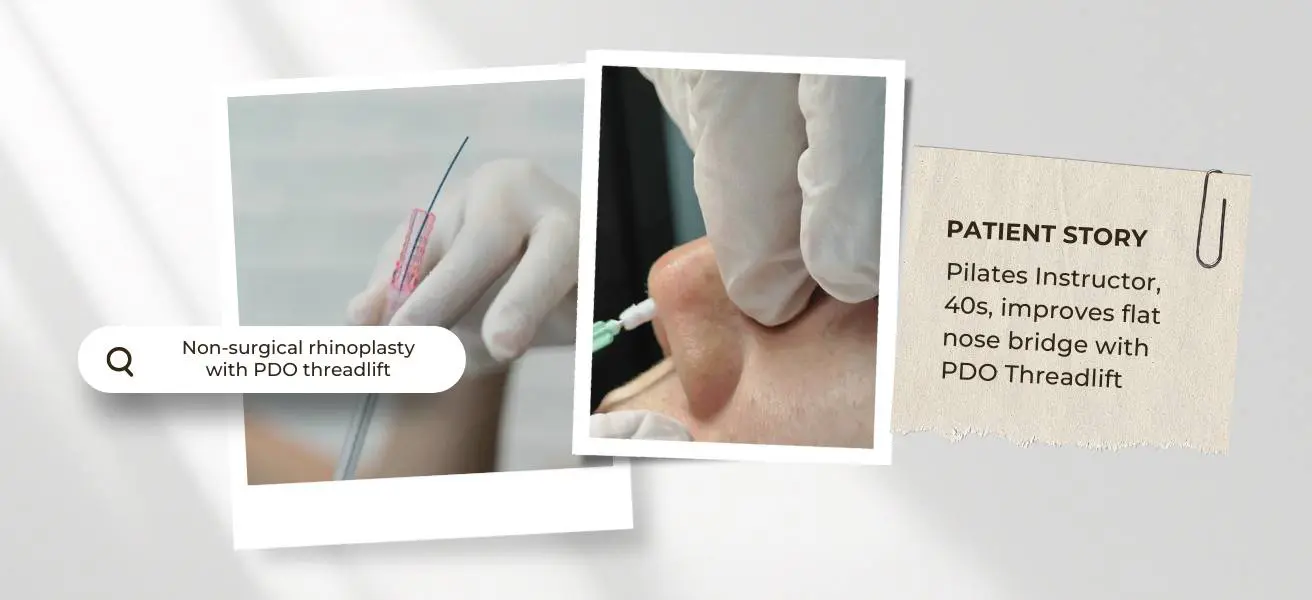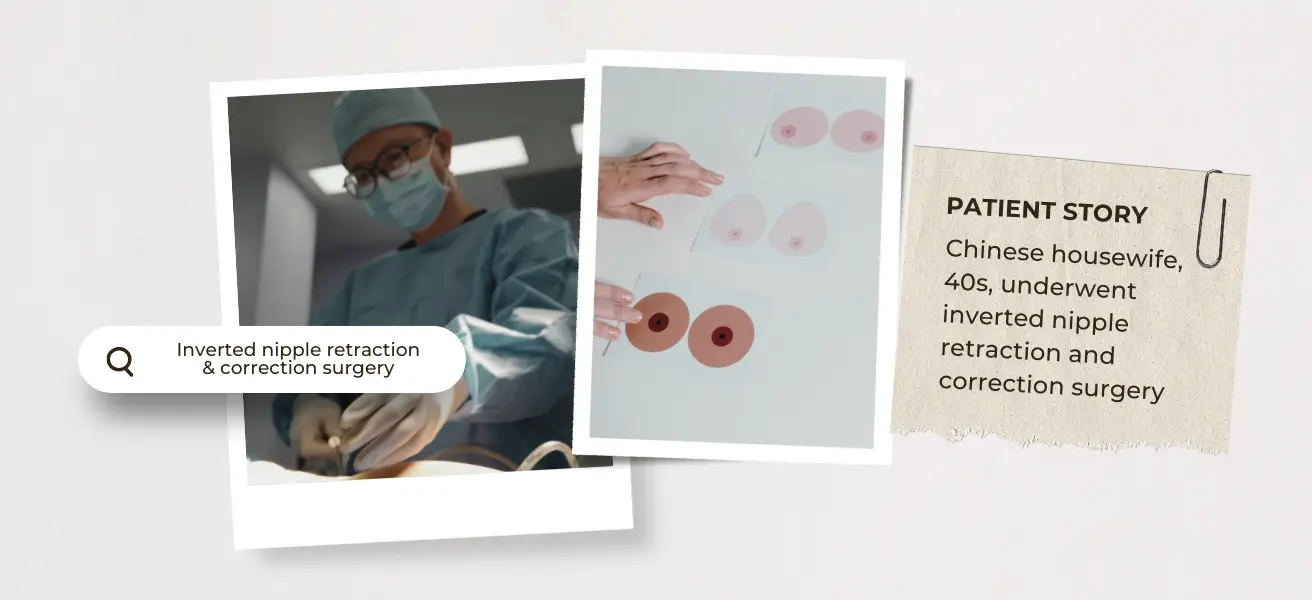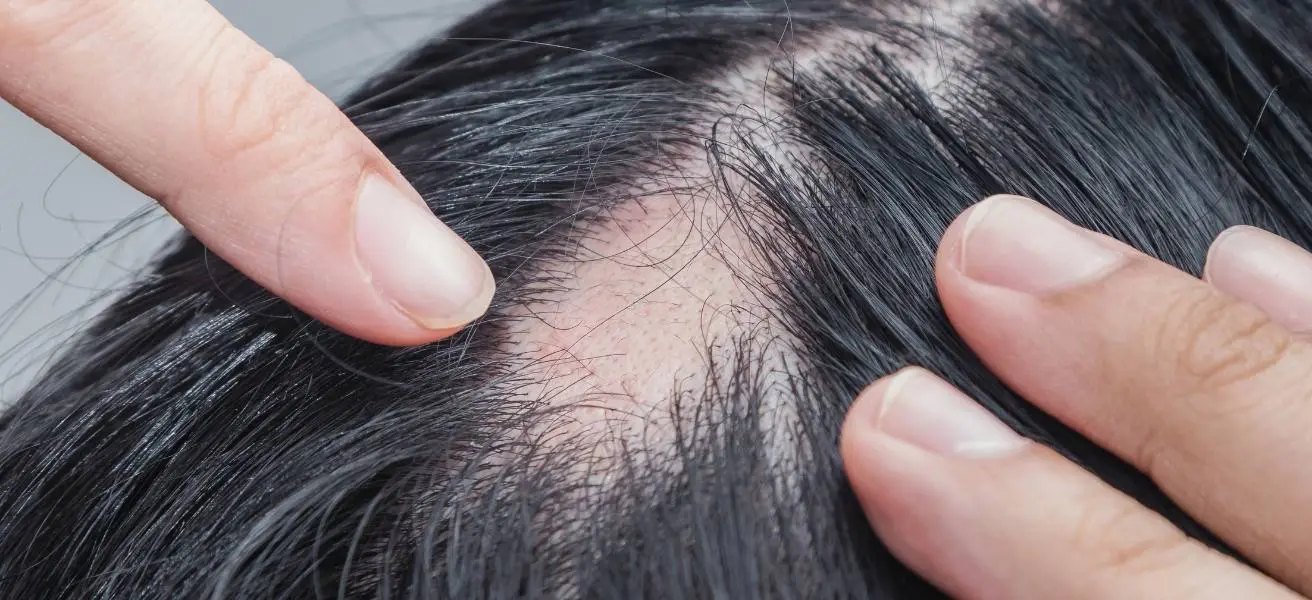"Abs are made in the kitchen." Weight loss, just like abs, also starts in the kitchen. Here are some healthy dietary habits to consider.
Table of Contents
Gynecomastia, also known by its moniker, man boobs, is a common male breast disorder that causes breast tissues to enlarge. The male breast enlargement can cause pain and discomfort.
The medical condition not only increases the chest in size but can also change its shape, increase the size of the areola, and enlarge the nipples. The extent of how his medical condition looks depends on the severity of its grade (Grade I to IV). Gynecomastia can occur on one (unilaterally) or both sides (bilaterally).
Two types of man boobs
True Gynecomastia
Defined clinically by the presence of glandular tissue that extends concentrically from the nipples.
Mixed Gynecomastia
Occurs when both fat and glandular tissue are the cause.
Body image dissatisfaction

Dr Ivan Puah who has been performing body sculpting surgeries such as gynecomastia surgery, corrective gyno surgery and liposuction for almost 20 years, has also received psychiatric training at the Institute of Mental Health (IMH) Singapore.
He shares, "Body image dissatisfaction has resulted in a high percentage of males with extremely low self-confidence, anti-social behaviour and poor mental health and wellbeing, especially those who are suffering from gynecomastia."
Dr Puah vividly remembers how painfully shy one male patient who was suffering from gynecomastia, "The look on his face and the way he purposely hunched himself to hide his distinctive gyno is deeply etched in my mind." The patient's self-confidence was at an all-time low, and he hid behind baggy clothes to conceal all traces of self-consciousness.
Read more on
- Patient Shares His Gynecomastia Surgery Journey
- [Patient Story] Late 60's Caucasian Man, Corrective Surgery and Fat Grafting On Chest & Ab After Botched Hi-Def Vaser Liposuction
- [Patient Story] Asian Man In His 50s & His Lifelong Struggle With Gynecomastia
- POV: Gyno Patient In Singapore | Gynecomastia & Its Silent Sufferers
Societal standards of (toxic) masculinity

In Singapore and Southeast Asia, societal norms discourage boys and grown men from crying due to the prevailing patriarchal culture. Expressing emotions, including crying or discussing problems, is often seen as a sign of weakness. Many believe that maintaining emotional composure is to uphold a strong, ego-driven image for men [2].
Impact of gynecomastia on interpersonal relationships

Men are as self-conscious about how their body looks as women, and they do care how their partners perceive their physical attractiveness, which can affect their sexual prowess and performance. People who are unsatisfied with their bodies are more likely to worry about how their body looks during sex [3].
Patients with gynecomastia have more and often reported sexual complaints [4], which include lower sexual drive, erectile dysfunction, frequency of coitus, orgasm difficulty, delayed ejaculation (or does not happen at all) and decreased ejaculate volume.
Physical Pain
Gynecomastia impacts 60% - 70% of males globally, irrespective of age. The severity of enlarged male breasts varies with age and can lead to discomfort and physical pain.
Pain may be constant or intermittent, with some experiencing sensitivity to touch. Gynecomastia sufferers may adopt specific postures, like slouching to minimise the prominence of their enlarged chest.
Negative wellbeing

Gynecomastia takes a toll on an individual's mental well-being, affecting self-esteem and self-worth. This medical condition can lead to depression and anxiety, prompting some to withdraw socially. It can adversely affect interpersonal relationships, quality of life and participation in once-loved sports such as football, rugby, swimming or running.
The embarrassment of going topless, discomfort when their enlarged breasts move, and the fear of judgement from peers may contribute to high-functioning anxiety. Teenage gynecomastia sufferers may seek solace online, choosing virtual interactions over in-person communication.
Coping strategies and support
According to a study titled "Psychological Impact of Male Breast Disorders" by Kipling et al., who surveyed 78 men with gynecomastia stated that the patients "described negative feelings relating to their condition although they did not want to be seen in an all-male breast assessment clinic if that meant a longer wait. Men reported feelings of anxiety, embarrassment, emasculation and even depression regarding their condition." [1] The research concludes that psychological support for those suffering from gynecomastia is needed, as they are distressed by their condition.
A paper called "Management Of Gynecomastia – Changes In Psychological Aspects After Surgery – A Systematic Review" that was published in Gland Surgery stated that "surgical treatment of gynecomastia seems to be beneficial for several psychological domains. Among these are vitality, emotional discomfort, limitations due to physical aspects and limitations due to pain [5].
"Gynecomastia goes beyond physical symptoms, causing swelling, soreness, and pain; it takes a toll on mental health. Many men whom I have treated experienced low self-esteem. They tried dieting, exercising, fat freezing and low-energy lasers without success. Gynecomastia surgery is the proven surgical solution to permanently eradicate this issue," explains Dr Ivan Puah.
When to seek help from a gynecomastia doctor in Singapore?
Gynecomastia might resolve on its own, but if the condition persists beyond a year and is causing you emotional distress, pain and discomfort, it is advisable to seek medical attention.
How can gynecomastia surgery help resolve this medical condition permanently and safely?
Treating gynecomastia goes beyond removing enlarged male breast tissues. It's about restoring self-confidence and improving the quality of life.
Dr Ivan Puah emphasises his multifaceted goals of gynecomastia surgery. Beyond addressing the physical aspects, the surgery aims to provide histological clarification of breast lesions and to reconstruct the male chest contour. This intricate process requires the performing doctor to have a deep understanding of the patient's unique muscular curvature, degree of skin laxity, gynecomastia grade and fat distribution.
Dr Ivan Puah's approach, the 360° Glandular Tissue Dissection (GTD) technique, takes into account the patient's gynecomastia grade, skin laxity, chest shape and glandular tissue-to-fat ratio, ensuring a customised and effective correction. After a thorough assessment, Dr. Puah plans a tailored program to address the patient's clinical condition and concerns.
Consult Amaris B. Clinic Singapore
Dr Ivan Puah has been treating gynecomastia since 2004. He understands how traumatising it is – physically, mentally and emotionally, this medical condition can affect a man. Known for his bedside manners, ethics and professionalism, Dr Puah is the sole doctor in Singapore to receive dedicated surgical training in gynecomastia surgery in the United States of America.
Located at the heritage-rich 140 Arab Street (Singapore 199827) in a 3-storey shophouse, we invite you to embark on a transformative journey with Amaris B. Clinic, where expertise, innovation, and personalised care converge.





























